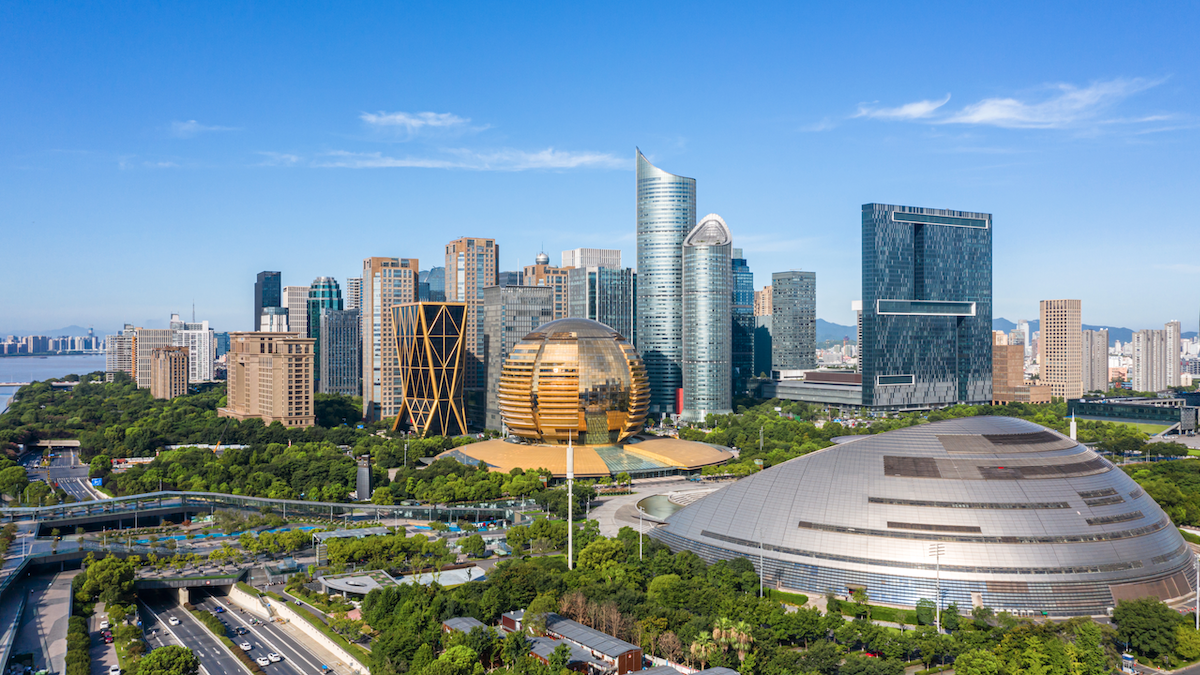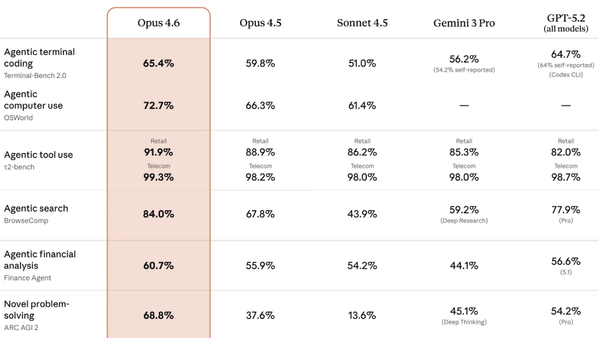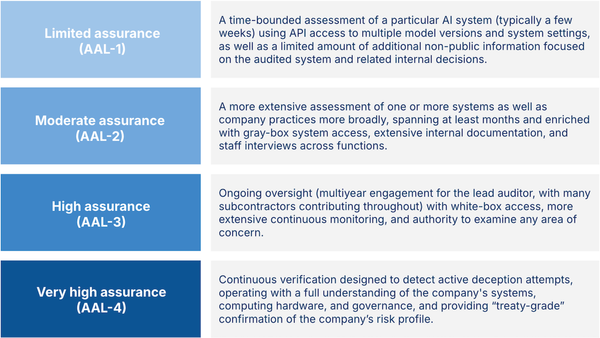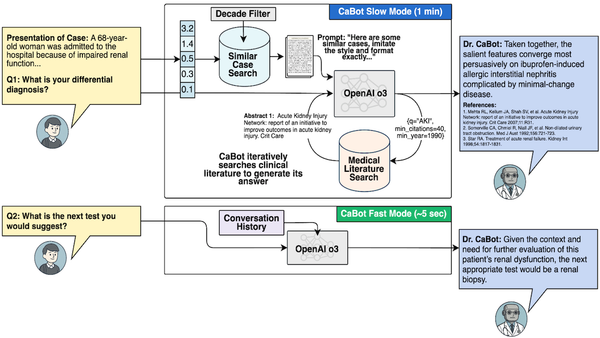China’s Emerging AI Hub: Inside DeepSeek and the other "little dragons" transforming Hangzhou into China's Silicon Valley
Hangzhou, a longtime manufacturing hub in eastern China, is blossoming into a center of AI innovation.

Hangzhou, a longtime manufacturing hub in eastern China, is blossoming into a center of AI innovation.
What’s new: The rise of DeepSeek and other AI companies that are among the “6 little dragons of Hangzhou” has raised the city’s profile as a technology hotbed. Hangzhou’s ability to produce AI leaders — not only the dragons but also Alibaba, Hikvision, NetEase, and Rokid — has generated headlines.
Dragons: The 6 little dragons include five AI companies: BrainCo, Deep Robotics, DeepSeek, ManyCore, and Unitree Robotics. (The sixth is the hit game developer Game Science.)
- BrainCo started in a Boston garage in 2015, when Bicheng Han was pursuing a PhD at Harvard. Hangzhou offered him funds to rent property, and he moved there in 2018. It makes brain-computer interfaces designed for meditation and sleep using AI to interpret brain signals.
- Deep Robotics was founded in 2017 by Zhu Qiuguo and Li Chao. It makes quadruped robots that navigate autonomously for industrial uses and rescue missions. Singapore Power Group uses its X30 robot to inspect power tunnels.
- Founded in 2023 by Liang Wenfeng, DeepSeek is an independent subsidiary of the AI-powered investment firm High-Flyer Capital Management. The company has focused on building open-weights models, including DeepSeek-R1, that famously rival top closed models but cost much less to develop.
- ManyCore was founded in 2011 by Huang Xiaohuang, Chen Hang, and Zhu Hao. In 2023, its 3D design platform, which uses AI to generate and manipulate virtual scenes, was the world’s largest by monthly active users, and China’s largest by revenue. It applied for a public offering on the Hong Kong stock exchange in early 2025.
- Unitree Robotics, maker of acrobatic humanoid robots, was founded in 2016 by Wang Xingxing. Today it accounts for 60 percent of the quadruped robot market and also produces humanoid robots. It’s valued at $1.4 billion.
Lessons: Shenzhen and Beijing have been called “China’s Silicon Valley,” but lately Hangzhou has started to eclipse them, largely by providing startups with tax breaks and subsidies, maintaining talent pipelines, encouraging collaboration between private and public sectors, and spending on computing resources and other infrastructure. Hangzhou’s recent Future Industries Development Plan (2025–2026) focuses on AI and robotics as well as synthetic biology.
- Hangzhou allocates 15 percent of the city’s annual fiscal revenue to tech investments. For instance, when Game Science ran out of office space, the city secured space and kept two buildings vacant for three years in case Game Science needed them.
- The city benefits from the presence of Zhejiang University, which feeds talent to local companies. Zhejiang alumni founded 4 of the 6 dragons. Graduates looking for work in Hangzhou can spend a week in government-managed accommodations, free of charge. For those who qualify as high-level talent, Hangzhou supplements housing costs and daily expenses with hundreds of thousands of RMB.
- Alibaba Cloud, China’s largest cloud platform, provides computing power to startups, ThinkChina reported. In addition, many companies have stockpiles of Nvidia GPUs, supplemented by homegrown processors from Huawei and Semiconductor Manufacturing International Corporation.
Why it matters: The world needs many AI centers, and Hangzhou is bringing its own distinctive character to AI development.
We’re thinking: In the U.S., tech companies are concentrated in a few cities, notably in Northern California. But as countries across the globe venture into AI, they would be wise to try and establish multiple hubs.




